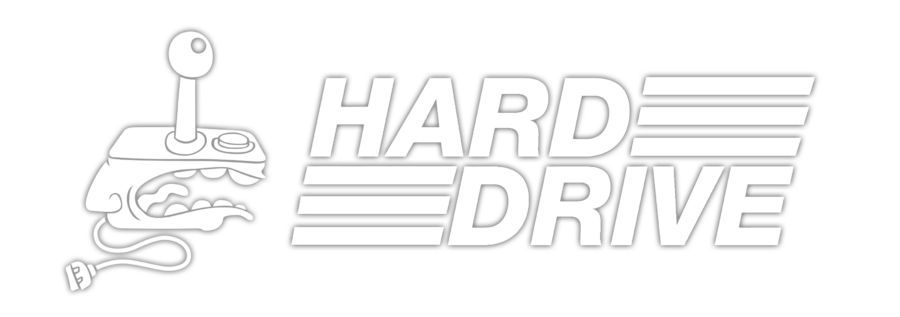In ancient times, God of War was the rare franchise that brought together the nerds, the jocks, and the theater kids. It inspired an entire generation of teenagers to lie about their age at the store, and an entire generation of adults to forget about their age at home. Introduced in 2005, its “hero” Kratos was a brute, trapped in a Greek tragedy that he tore through life, limb, and liver to escape. He was as ruthless as he was melodramatic, and the gameplay was as cathartic as it was tense.
Today, it’s the rare franchise that brings together Gamers™ from all corners of the internet — because we all agree which games are the best and which saga was better, right? Now that you’ve had some time to sit with Ragnarök, here is our totally agreeable, 100% non-controversial ranking of all the games.
#9 — God of War: Betrayal

Leave it to God of War to make you do QTEs on a Nokia. It would have been easy to say “no one played this,” slap it as #9, and move on. But you know what? I played it! Just for this list! Just for you!
And the weirdest part is… it’s pretty good? For a mobile game, anyway. The devs somehow translated Kratos’ arsenal from God of War (2005) onto a number pad. They even kept the same upgrade system. They got Marianne Krawczyk, the screenwriter for the original trilogy, to write it. The animations are solid, and the enemy sprites are surprisingly expressive.
That said, “Pretty good for a phone game” still falls short of the series’ usual mark. And can you believe they had the audacity to leave off on a sequel hook?
#8 — God of War: Ascension
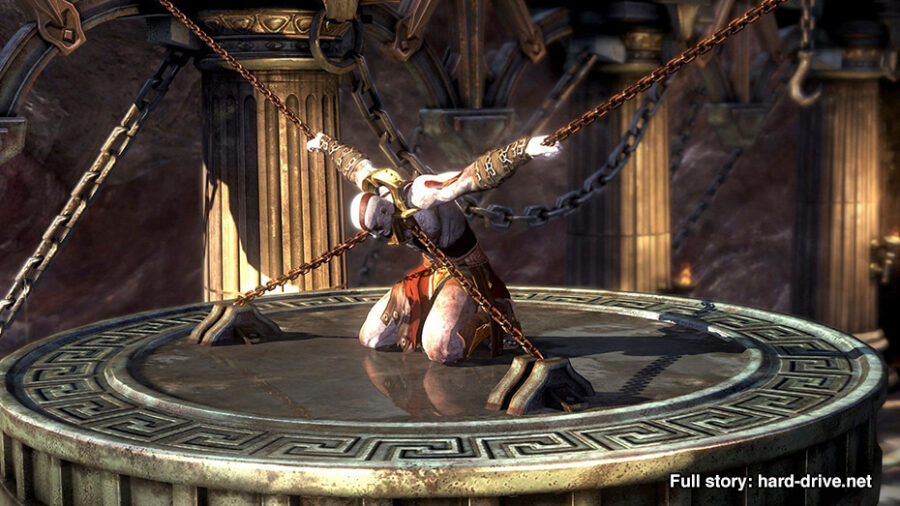
Ascension is the earliest game in the timeline, but the last set in the Grecian saga. Orpheus died so Tyler Bates could riff, because the soundtrack on this is “oops, all bangers.”
Ascension gets a bad rap — and I suspect this has more to do with when it came out than what it actually is. Its level design and use of geography were a particular highlight. The other prequels didn’t quite get to play with complex, interconnected architecture in the same way the mainline games do — partly due to being developed for the PSP. Released late into the life cycle of the PS3, Ascension did. Gloriously and gore-iously.
The catch? There was no way to escalate past what God of War 3 did. What we got instead was a smaller story about Kratos’ past that felt relatively inconsequential. The combat and stakes, too, were dialed back, with a focus on using pick-ups and elemental power-ups instead of a curated arsenal. Santa Monica Studio saved Ascension’s most creative design for its multiplayer, which is an insane choice, because it bet a whole lot on the premise that God of War fans could make friends.
#7 — God of War: Ghost of Sparta
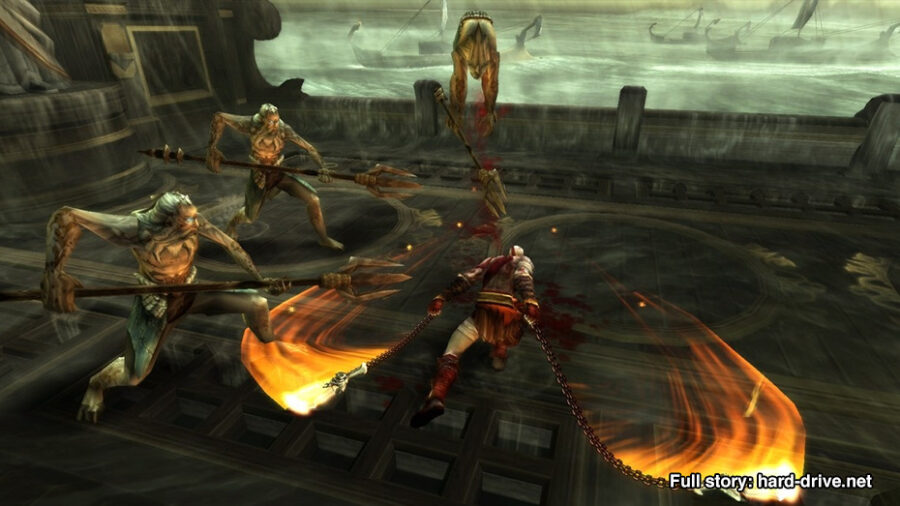
Look. You don’t click on these lists to be validated. You click to be outraged. If it makes you feel any better, this is my way of saying there isn’t a single bad game in the series.
Ghost of Sparta was the second PSP title developed by Ready at Dawn. It was a direct follow-up to the events of God of War (2005) and followed Kratos on a journey to rescue his brother, Deimos. You even get to visit Atlantis in this one, and the fights almost push the PSP to its absolute limit (Its true limit, of course, is trying to recognize a MP3 file).
It’s got the best (and most essential) story out of all the side games. Deimos is exactly what you might expect, but he’s such a fantastic addition to Kratos’ backstory that this is hardly a problem. What is more of a problem is that this doesn’t just take place between God of War and God of War 2 chronologically — but also feels stuck between the two with little identity of its own. We remember this one for the novelty of the story, not as much for the game feel…
#6 — God of War: Chains of Olympus
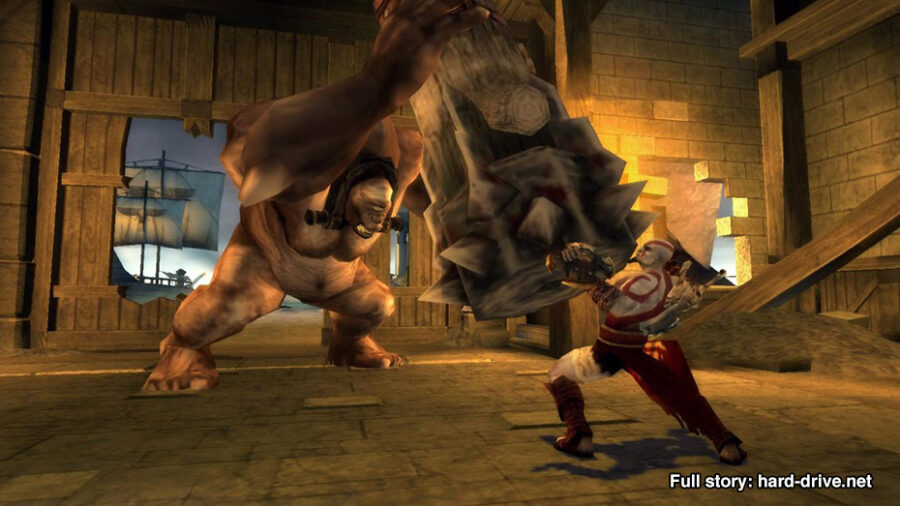
…Which was not an issue Chains of Olympus had! While not as long or as technically impressive as its PSP successor, this one has a more distinct identity as Kratos uncovers a conspiracy among the gods. It’s the brightest out of all the Grecian games — while still maintaining the blood, guts, and emotional heft. Ready at Dawn’s first outing brought the same combat system and weight of the console games to the palm of your sweaty hands in remarkable fashion. You even get to expand your arsenal outside of Greek mythology this time, with an Efreet spell.
Kratos is still working for the gods in this one, but that doesn’t stop him from killing Charon. Can you believe this dude still gets promoted? It might be the ashes of his dead wife and child, but I’m not sure him turning white was actually a curse.
#5 — God of War (2005)

Opening with a fight against the legendary Hydra, the original God of War took what many games would have made a late-game boss fight and made it its tutorial. Thus, Kratos’ debut adventure set a standard for the rest of the series that has only escalated ever since. You’re up against Ares in this one — but I have this theory that the actual villain of God of War is someone else. No, it’s not Kratos. It’s that fucking wall of rotating spikes near the end.
The bulk of your quest takes place on a temple chained to the back of the titan, Cronos. I get giddy every time I think about that. There’s a big sword you use as a bridge, and then at the end of the game, you grow big and use it as a sword. Video games are cool, man.
(Just don’t look up where David Jaffe got the inspiration for Kratos from. Seriously. Don’t look.)
#4 — God of War (2018)
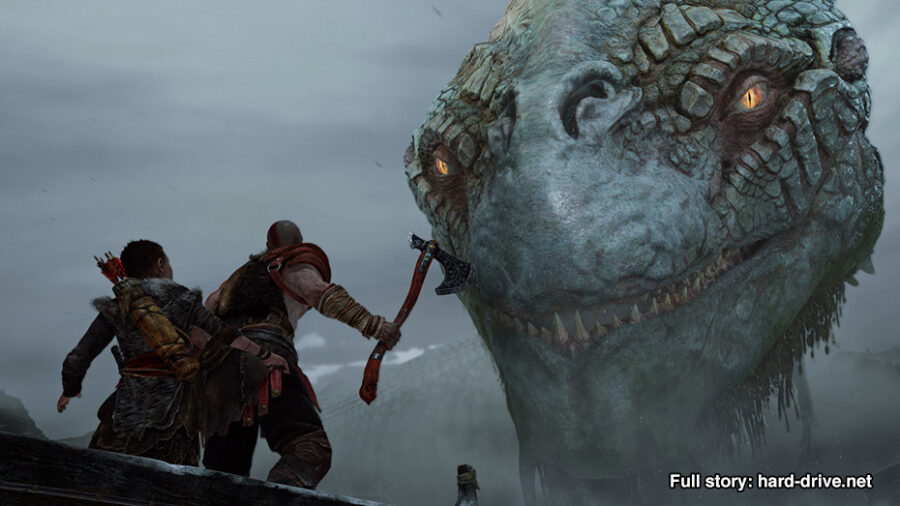
Yeah, titles are confusing. For clarity’s sake, we’ll call this one God of War 1.5 + 2.5 HD Remix.
This is one of the coolest reinventions of a series I’ve ever seen, following a timeskip to centuries later when Kratos has moved from Ancient Greece to Scandinavia. We’re up against figures from Norse mythology this time, but Kratos is still haunted by his past in a way that feels meaningful without alienating newer players.
This is partly thanks to the introduction of his son, Atreus. Atreus brings a new perspective to the series that helps us actually befriend other figures from the mythology this time, not just fight them. On the upside, this means we meet some cool new characters — but on the downside, we lost a lot in terms of boss/enemy variety. If I wanted to fight this many trolls, I’d just go on Reddit.
#3 — God of War III
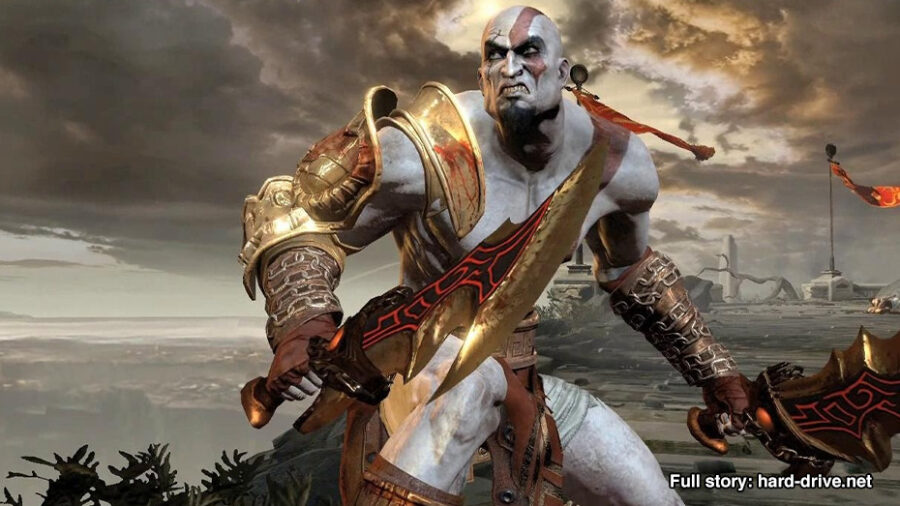
When I think God of War III, I think about that one fight with Zeus where the camera pans to the side and the whole thing is animated like a fighting game. It’s maybe six minutes out of a 10-hour game, but is so emblematic of the game’s commitment to the bit that I’m in constant awe.
Kratos caps off his first trilogy by ripping apart the entire Olympian pantheon (except one, if you want to be pedantic) — and each fight is unique, multi-layered, and needlessly brutal. It is the World’s Most Expensive Piñata Simulator and it wants you to know it: from every angle possible.
In this regard, it’s a bit weird that it tries to swing a redemptive arc for Kratos at the eleventh hour — but even he agrees that’d be stupid. “You have the power of hope, and hope redeems all,” Pandora tells him. “No, child,” he replies. “I need an entire new series for that, preferably in high definition on the PS4, with the camera about ye high.”
#2 — God of War II
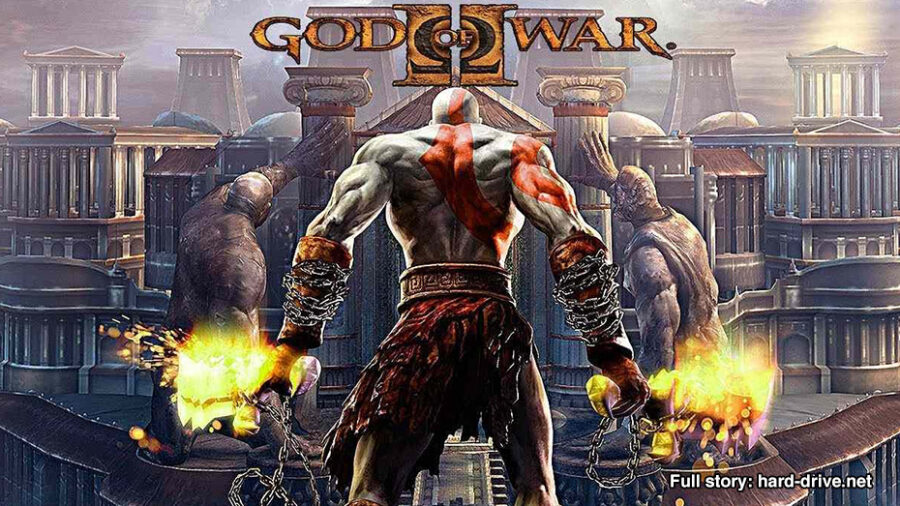
One of the meanest, leanest sequels of all time, God of War II took everything that worked in the original and decided, “if it ain’t broke? Break it anyway!” Kratos falls out with the gods, throws in with the titans, and fights the Sisters of Fate themselves to rewrite his destiny. It’s the one where he straight-up becomes a villain, and being a villain never felt so good.
I still get chills thinking about its setting, the Island of Creation. It featured some of the most interesting puzzles in the series, a hauntingly forlorn ambience, and just about every non-Olympian from the myths you could hope to fight. You get Icarus’ wings in this one! You get the Blade of Olympus, which shoots lasers when fully upgraded. As far as I’m concerned, that should make it as gods-damned iconic as the chains.
Also, there’s a skin called Cod of War where Kratos dresses up in a fish suit. That gives it a few extra points for us here at Hard Drive.
#1 — God of War: Ragnarök
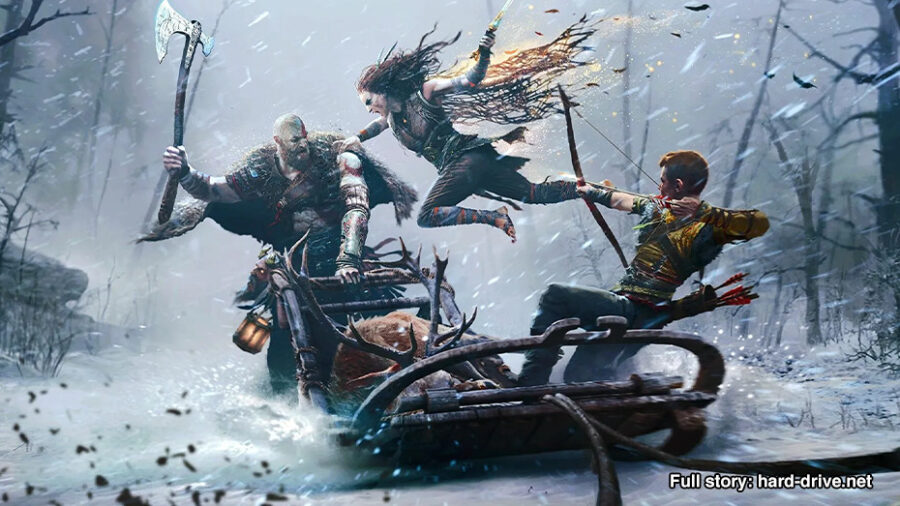
Ragnarök is peak God of War. It builds on the series’ past in a way even 2018 didn’t. Thor shows up to your front door barely an hour in, and then you fight him while he eggs you on to show him “the god of war that took down an entire pantheon.” Then, Kratos and Atreus set out to rescue the Norse god of war — while Freya grapples with the curse that keeps her exiled in Midgard. It tees up SO MANY plot threads in its opening act and then delivers on almost all of them, weaving a complex tapestry of emotions, motives, and shifting loyalties between its key players. The best character arc isn’t even one of theirs. It’s Sindri’s. Holy shit, Sindri.
The overarching theme of the game is “is change possible?” And yeah, sure it is! Gone is the enemy variety problem from God of War (2018). There are more boss types, more ways to get creative with combat, more realms, and more sidequests — and all of them are thematically consistent with the main story.
You rescue a lot of animals in this one. You also fight alongside more companions. God of War II made being bad feel good, but this one makes midlife crisis feel good. Gives me hope, ya know?
